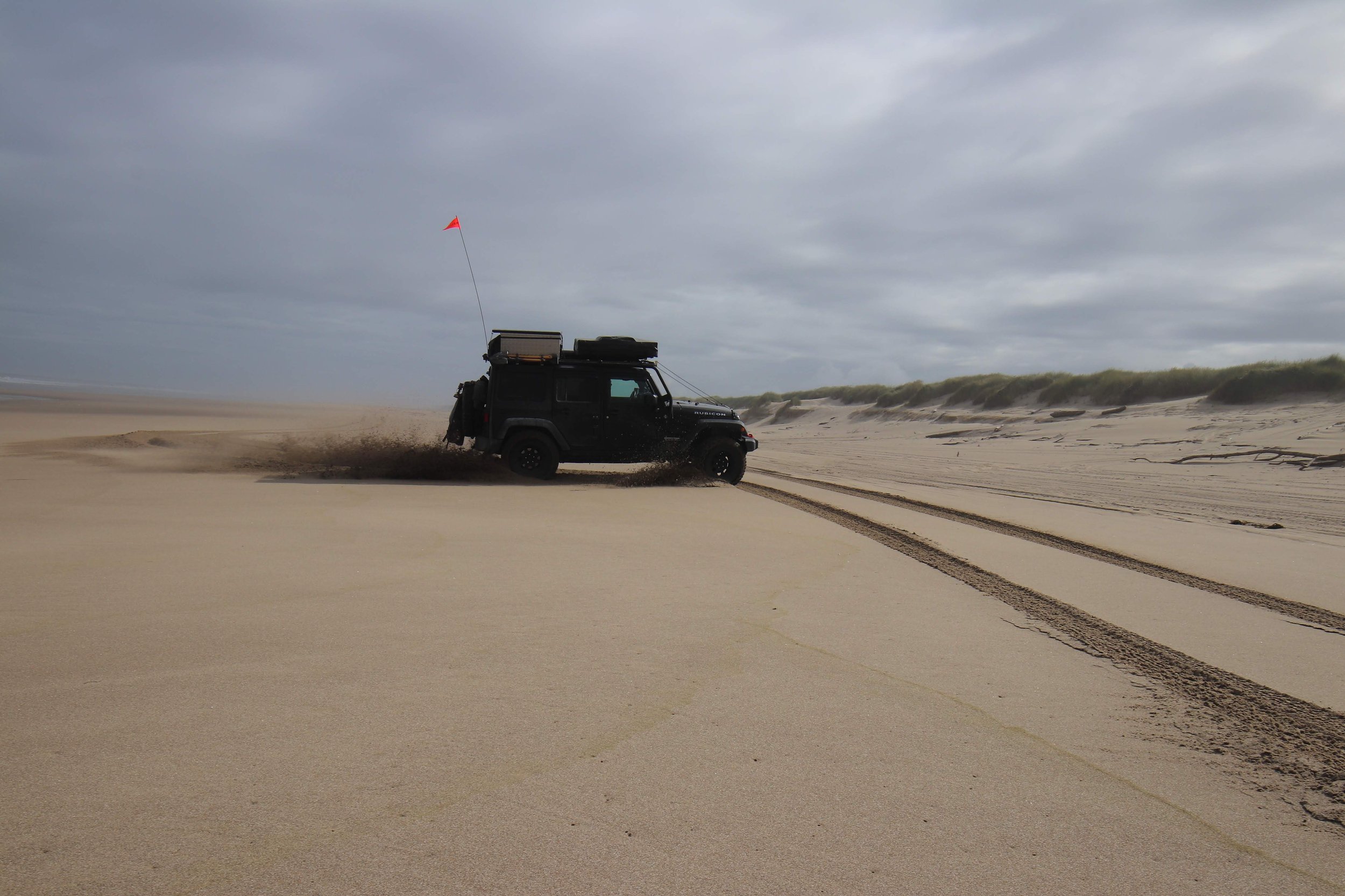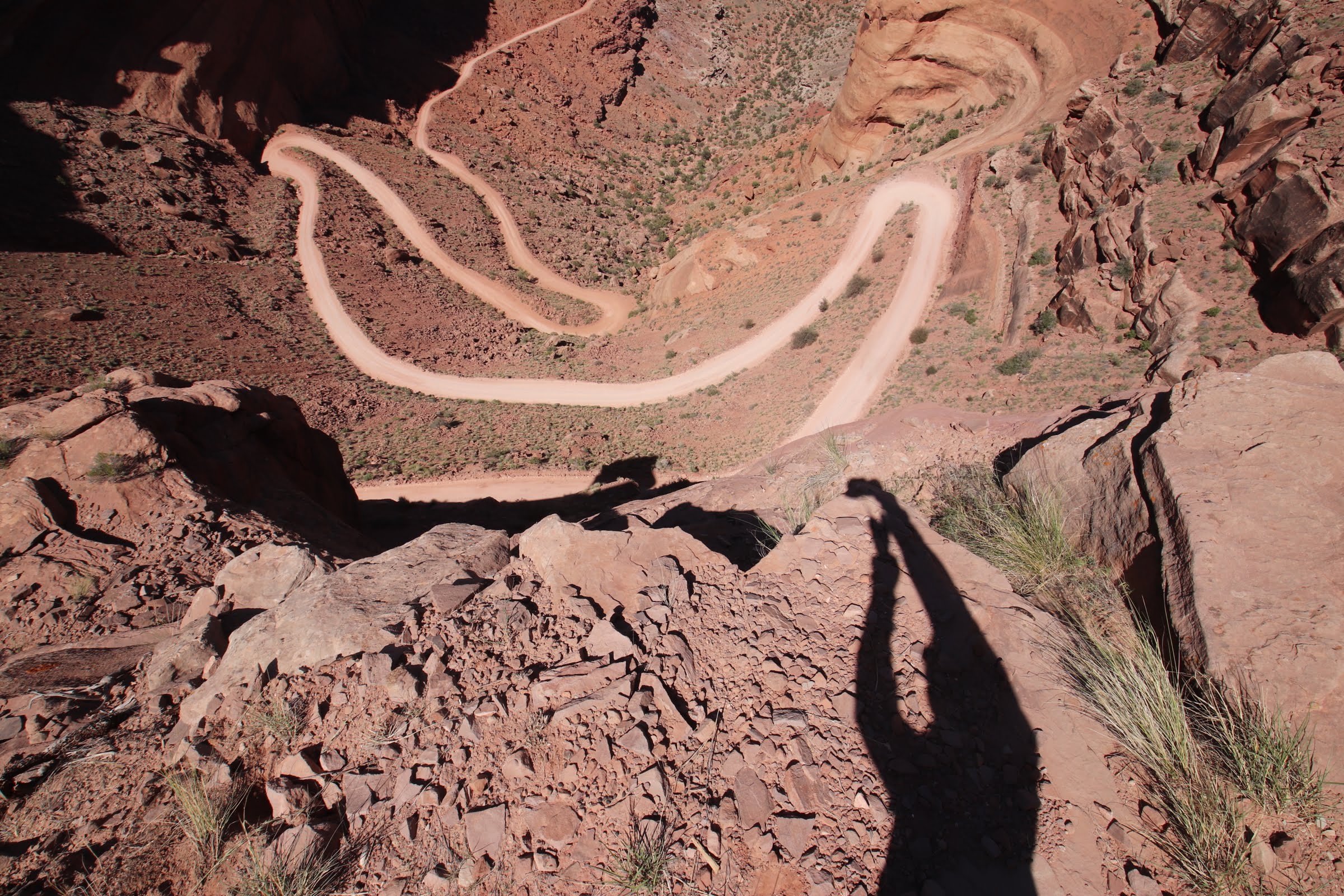This Land Is Our Land
“I’m America’s son.
This is where I come from. This land is mine.”
- This Land, Gary Clark, Jr.
Images supplied by Camp Yoshi. Originally published in AphroChic magazine Issue 3, Spring 2020.
Growing up in North Carolina, Ron Frazier has always been familiar with the outdoors. “My family and friends played outdoors all the time. We grew up on a lake and my dad was an avid fisherman and boater.” Going out in the water and playing in the nearby woods was just part of growing up for Frazier, so much so, that as an adult, his outdoor adventures turned from daylong swims to two-week excursions into some of the most remote parts of the country. From visiting the deepest parts of The Grand Canyon to the outdoor Shangri-La of Moab in Utah, the great outdoors calls to Frazier. In answering it, the childhood pastime turned part-time hobby has now developed into a brand - A Tribe Called Camp (ATCC).
Frazier is nonchalant in discussing his outdoor excursions. To him, there’s nothing unusual about time spent in the deserts and forests that dot our country or in the logistics of sending a week’s worth of equipment to another state before flying out to begin a camping trip. But beneath the understated exterior is the fervor of a true enthusiast. There is a passion for nature and a love for the challenge of planning the ultimate experience, from finding the location, to mapping out the details, and even planning time for going even further off the beaten path. His getaways include eating below snow-topped peaks in Washington State, four-wheeling along a vast ocean of dunes in Oregon and trekking along the red, Mars-like landscape of the Arizona desert. But in the beginning, his outdoor quests were simply about spending time with family and keeping in touch with friends. “When we first started, A Tribe Called Camp was a way for our circle of friends to stay connected. We all like to adventure and get outdoors. The name was a way for us to share pictures of what we were doing separately and keep the crew motivated to get out.”
What started as family getaways are now Instagram-worthy ex- periences that hundreds follow each month as ATCC trips are part of a larger community of Black outdoor enthusiasts who post content under hashtags like #outdoorafro #blackvoyageurs and #melaninba- secamp. The posts serve not only as inspiration for Black travel, but also as important statements on African Americans enjoying nature and public space. “My attitude is it’s our country, too, and the best statement you can make about your right to be in a setting is to show up. The strongest statement you can make about what’s ours or where we belong is to just show up and own that space,” says Frazier.
“The Green Book was real,” remarks Frazier, as we discuss some of the historic challenges that African Americans have faced in being able to safely engage in public space in America. “The freedom to move around safely in our country wasn’t something my parents experienced.” In fact, during the Jim Crow era that Frazier’s parents grew up in, from the mid-1930s to mid-1960s, stories of Black travelers being refused service, food, lodging, and even meeting fatal consequences on the road, were all too common. Publications like The Negro Motorist Green-Book were created to help African American road-trippers navigate safely while driving around the country.
Today, studies find that African Americans continue to face great challenges in accessing and enjoying public space in America. Recently, a 2016 study out of the University of Missouri found that visitors to U.S. national and state parks are disproportionate- ly white, while the number of African Americans visitors is espe- cially low. Many Black families reported that they don’t patronize public parks due to racist histories including incidents of violence, the exclusion of Black history from national sites, and the fact that some national parks, such as Cedar Hills State Park in Texas, occupy the land of former plantations. Looking specifically at national parks, the researcher behind the study, Kang Jae Lee observes, “Many of the adults I spoke with were raised by parents who experienced discriminatory Jim Crow laws that prevented or discouraged African Americans from visiting public parks.”
Per Lee, “Park attendance in America is culturally embedded, meaning children who are raised going to parks will grow up to take their children. Many African Americans do not go to parks because their parents and grandparents could not take their children. In other words, many African Americans’ lack of interest in parks or outdoor recreation is a cultural disposition shaped by centuries of racial oppression.”
As he ventures out with his own family, the ongoing fact of racial discrimination is something that Frazier can’t help but be aware of. “So we’re talking generation- al change,” he says when asked about the differences between his experiences and those of his father. “We have not had any issues, but we try to be prepared. We do a little research on where we’re going, but you have to get comfortable with being uncomfortable. We don’t let fear lead us, but you do have to use your common sense.”
For ATCC, getting outside, exploring the world around you, and doing it without apology is the mission. During a camping trip with friends, a decision was made to go to the “mecca” of outdoor life - Moab in Utah. With members of the group coming from Charlotte, Atlanta, and New York, they decided to meet up in Flagstaff, Arizona. The caravan drove off-road for 14 days to reach North Rim Grand Canyon and eventually Moab.
During the backcountry trip, the crew explored Zion National Park, Canyon- lands National Park, White Rim Road, and the Grand Staircase-Escalante National Monument. “We love Utah. It’s an amazing place and especially beautiful. You can just go and go and go and that’s an amazing experience.”
During their trips, the tribe of friends and family gathers for food and fellowship around the campfire. Special care is taken to prove that roughing it doesn’t mean eating beans from a tin can. Tribe meals differ depending on the landscape.
Lunch on a lakeside trip is likely to feature a fresh catch of the day with a menu of, “fire roasted red snapper with camp fire risotto, fish tacos, grilled scallops and corn.” It’s more than just getting outside, there is also reliance on the land. “I think the outdoors and nature can’t help but give you a sense of awe and wonder that broadens your perspective. Outdoors you have to take care of yourself and those around you, as well as the land. I hope these experiences teach my sons to be curious about the world and the people in it, but also confident in themselves. I like to think that our trips will expose them to a wider world and different ways of living. So as they grow into young men, they can have more choices to decide how they want to live.”
Next up for ATCC is a trip this spring to the Mojave Desert and the Southwest. “These spaces are ours, too, and if the public doesn’t support them, they could be lost,” says Frazier.
His message to African Americans thinking about venturing into the great outdoors is to embrace the adventure. “I think that we can enjoy these activities like anyone else, so if folks want to do it they should. I think we spread the word by doing it. Our crew made a conscious choice to not focus on asking for permission or invita- tions to outdoor events. We just show up like everyone else and have a good time. No permission or apologizing. Just go.”

























